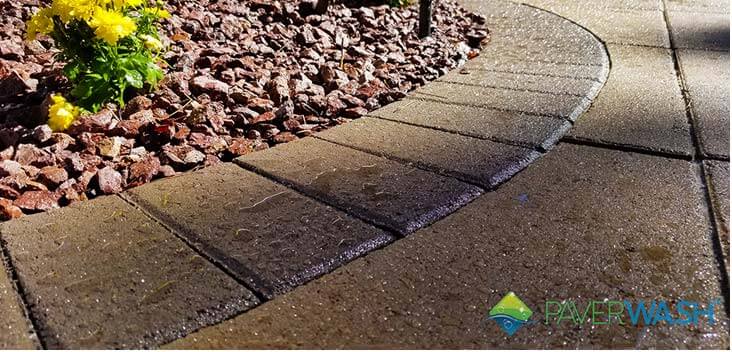
One of the number one issues with pavers is not using the right sealer for your pavers. With so many different types and finishes of sealers on the market, it can often be difficult deciding which is the best sealer for your project. Ultimately, it really comes down to one question, solvent or water based sealer? After 10 years in the industry, Paver Wash are the experts on the best paver cleaners and paver sealers for your project. So the answer is simple: water based with your selected gloss finish.
Many solvent based sealers contain harsh ingredients known as VOC’s (Volatile Organic Compounds) that not only produce strong odor during installation, but can also cause extreme damage to plants, clothing and equipment which is quite often unrepairable. Water-based sealers are not only better for your health and the environment, but are also easier and faster to work with.
“At PaverWash, we want nothing but the best for all of our customers, which is why we choose to work with some of the top names in the industry, such as Alliance Gator and BP Pro.”

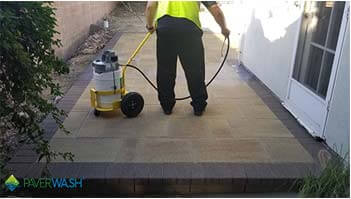
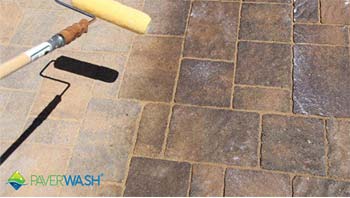
With solvent based sealers, there are many limitations that can delay project completion such as moisture and low temperatures that are not an issue when working with water-based sealers. Compared to solvent based, water-based sealers are also much more user-friendly, making it easier to avoid over sealing your pavers which can result in peeling, staining and permanent damage to your pavers. Once installation is complete, water-based paver sealers are a breeze to clean up quickly. This cuts down on project time and allows you to enjoy your beautiful, newly restored pavers that much sooner!
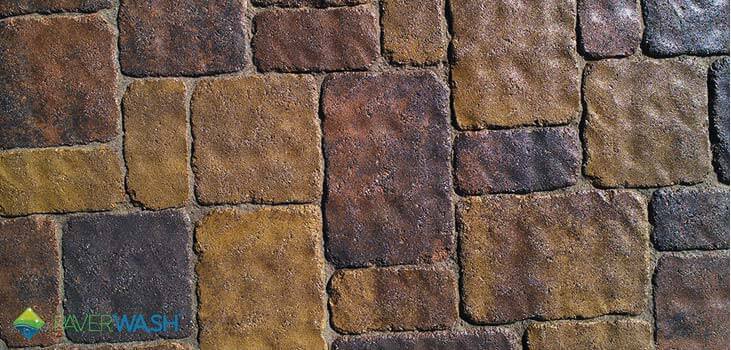
At Paver Wash, we want nothing but the best for all of our customers, which is why we choose to work with some of the top names in the industry, such as Alliance Gator and BP Pro. Although there are several top sealer companies around, we choose only to work with companies that provide nothing less than amazing customer service. Both Alliance and BP Pro are known not only for their high quality products that produce the highest quality results, but for offering outstanding support for our customers over the last 10 years.
“We pride ourselves in knowing we use only the best, environmentally friendly, water-based sealers in your home.”
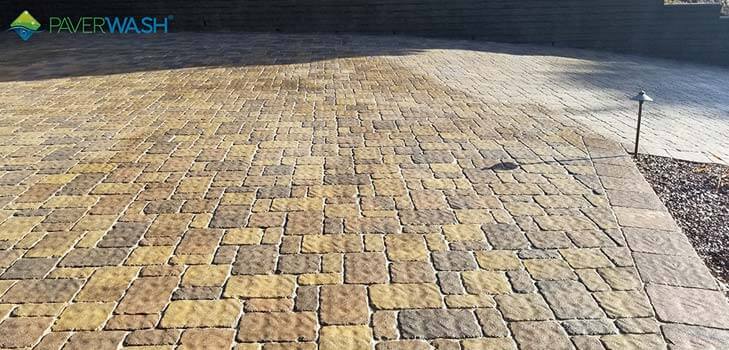
We pride ourselves in knowing we use only the best, environmentally friendly, water-based sealers in your home. Every sealer we use contains specialized joint stabilizing agents that not only ensure optimal stability, but are also available in a wide array of different finishes. Choose between styles such natural, enhanced, low gloss and high gloss to give you customisable results that will help your home stand out from the rest.


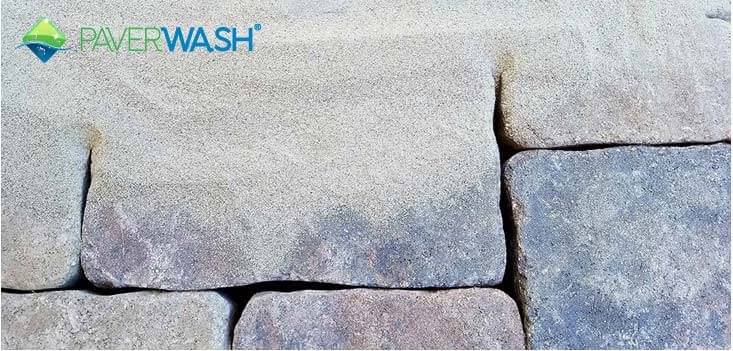
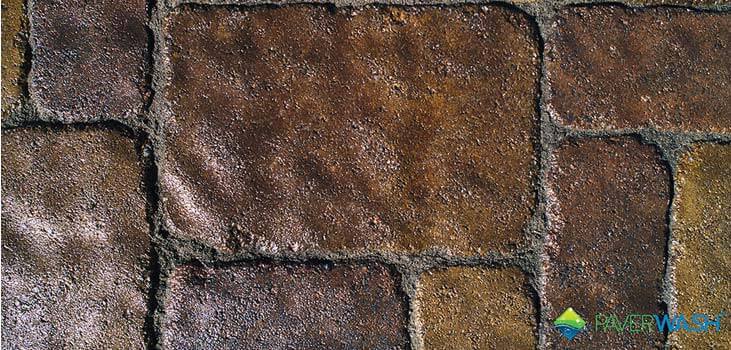
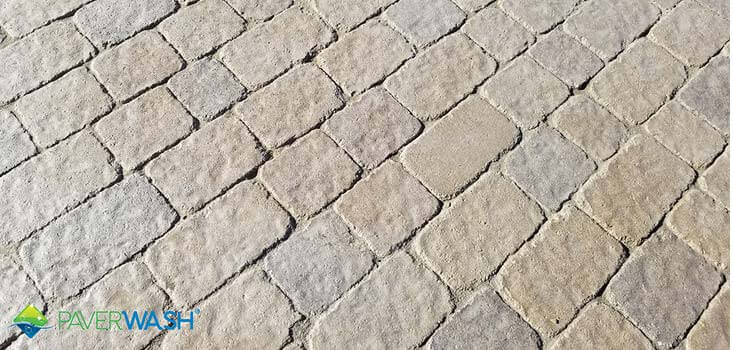
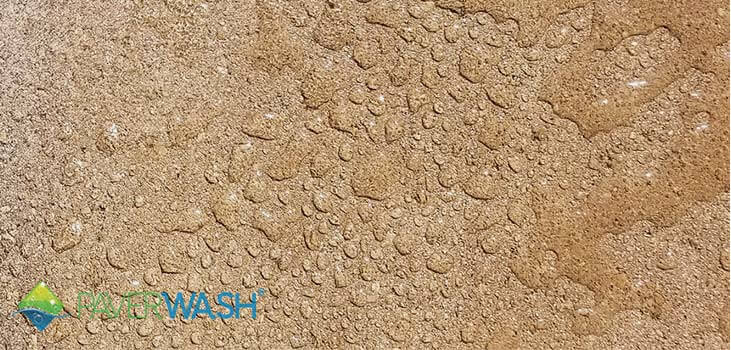
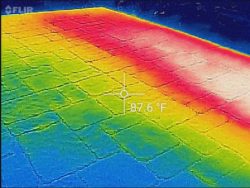
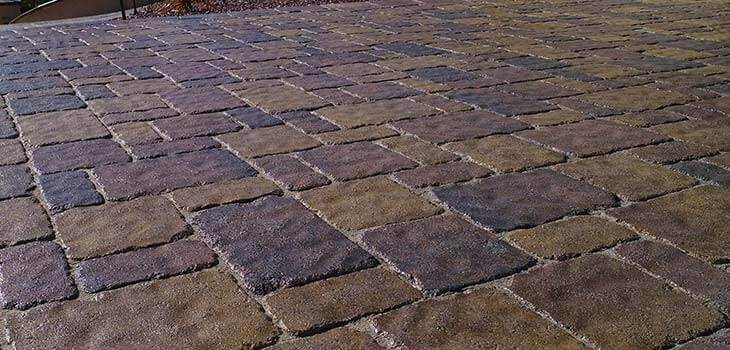
FOLLOW US